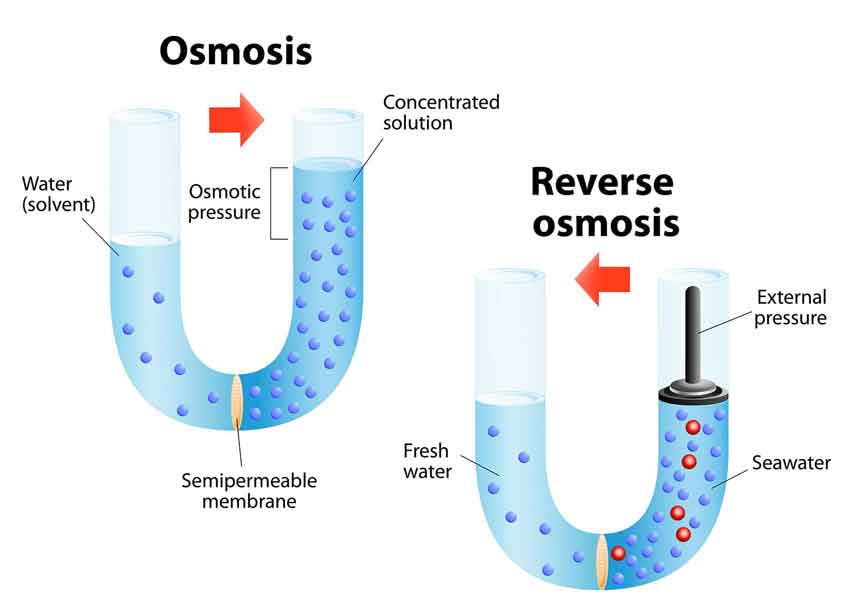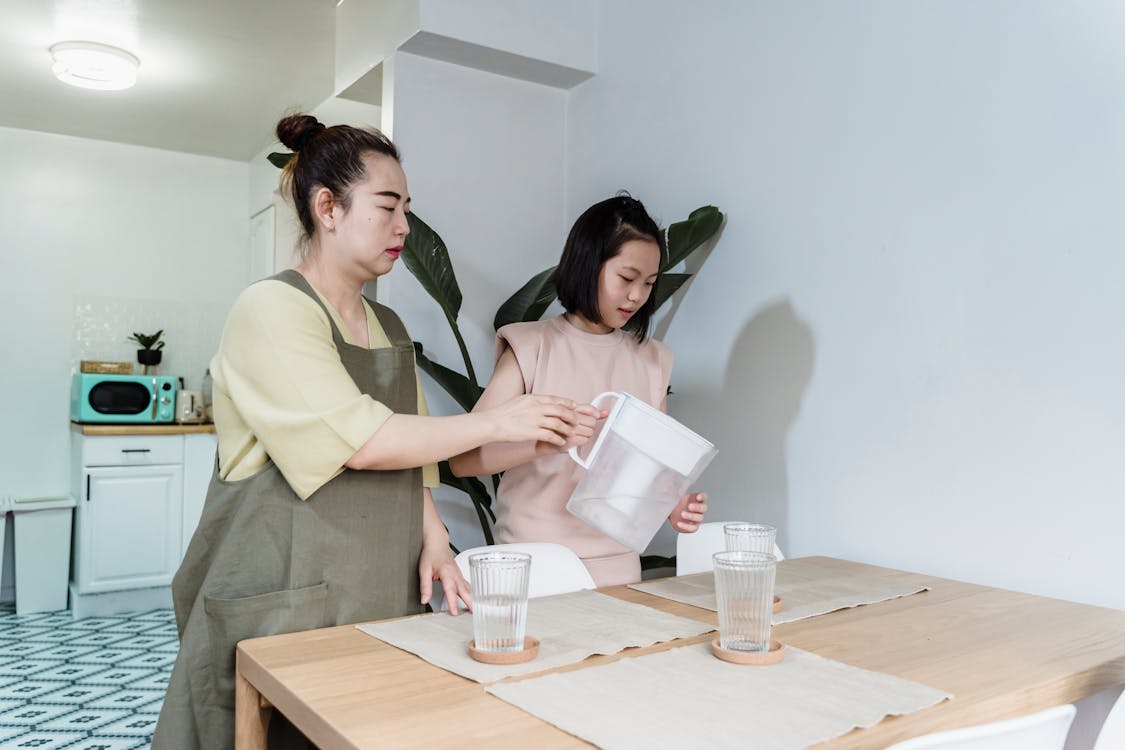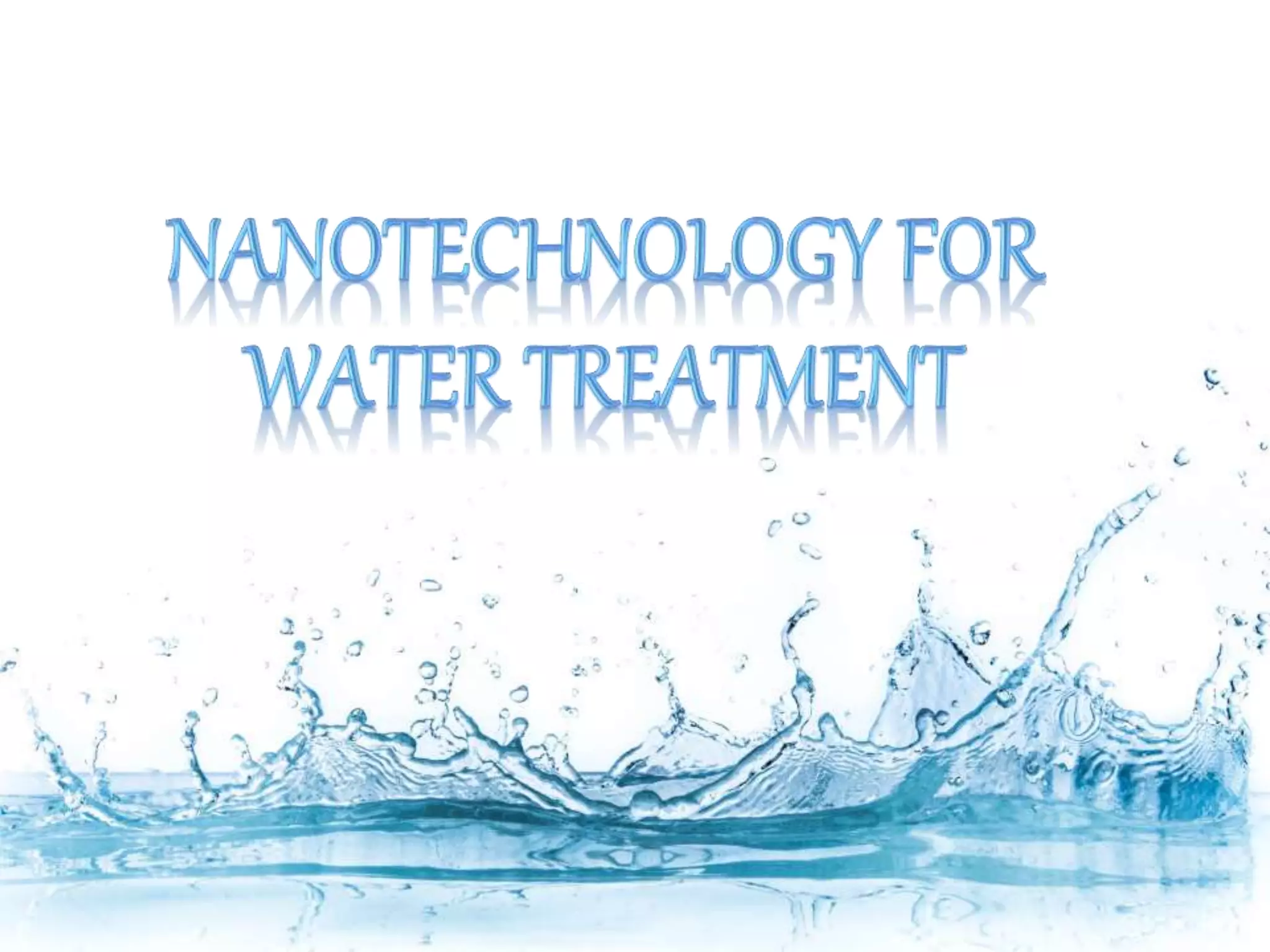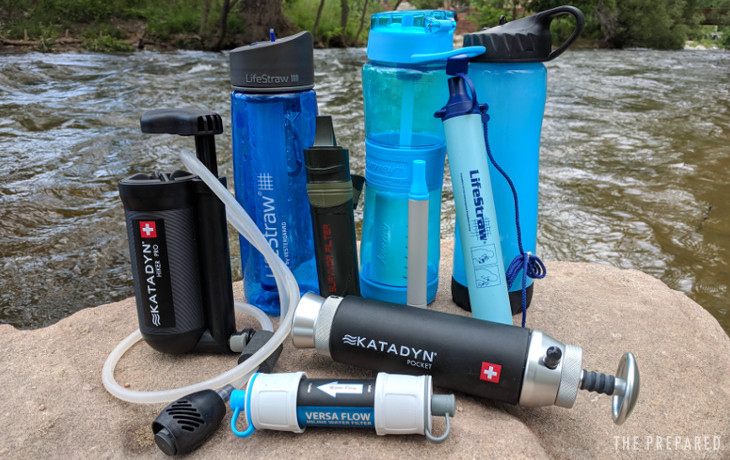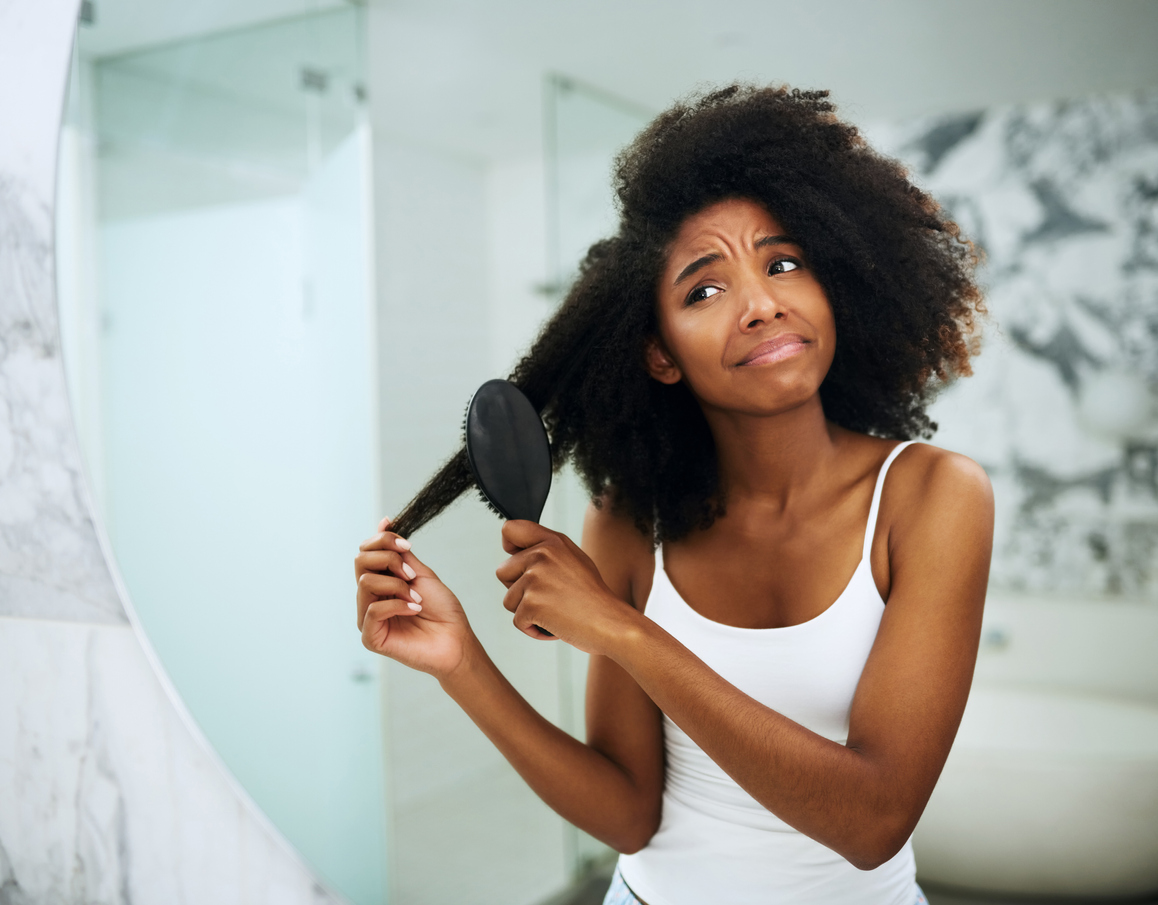Hard Water vs. Soft Water: Which Is Better for Your Home

Introduction
When it comes to the water flowing through your home, you may not be aware of the significant impact it can have on your daily life. Hard water and soft water are two distinct types of water commonly found in households. Understanding the difference between them and the effects they have on your appliances, skin, hair, and overall quality of life is essential. In this article, we’ll delve into the world of hard water vs. soft water and help you make an informed decision about which is better for your home.
Understanding Hard Water
The Impact on Appliances
Hard water contains an abundance of minerals, primarily calcium and magnesium. While these minerals are not harmful to human health, they can wreak havoc on your appliances. The minerals accumulate over time, forming scale deposits in your pipes and appliances. This can lead to decreased efficiency and a shorter lifespan for your washing machine, dishwasher, and water heater.
Effects on Skin and Hair
If you’ve ever noticed that your skin feels dry and your hair seems lackluster after a shower, hard water might be the culprit. The mineral buildup from hard water can leave a residue on your skin and hair, making it difficult to rinse away soap and shampoo completely. This can result in skin irritation and dull, lifeless hair.
Cleaning Challenges
Hard water also poses challenges when it comes to cleaning. The mineral deposits can leave spots on dishes, glassware, and shower doors. Cleaning becomes a never-ending battle as you struggle to remove these stubborn stains and streaks.
The Benefits of Soft Water
Soft water, on the other hand, is water that has been treated to remove the excess minerals, leaving it more gentle and less damaging.
Appliance Longevity
One of the primary benefits of using soft water is its positive impact on your appliances. Soft water prevents the buildup of mineral deposits, extending the lifespan of your appliances and saving you money on repairs and replacements.
Skin and Hair Benefits
Switching to soft water can do wonders for your skin and hair. Without the mineral residue, your skin will feel softer, and your hair will regain its natural shine. You’ll also use less soap and shampoo, as they lather more effectively in soft water.
Easier Cleaning
Cleaning becomes a breeze with soft water. You’ll no longer struggle with stubborn spots and streaks on glass and dishes. Your bathroom tiles and fixtures will stay cleaner, requiring less effort to maintain.
Making the Choice
Water Softening Options
If you’re considering switching to soft water, there are several options available. Water softeners are the most common choice, and they come in various types, including salt-based and salt-free systems. Research the options to determine which one best suits your needs.
Consideration Factors
When deciding between hard and soft water, consider factors such as the water quality in your area, the cost of installation, and the environmental impact. It’s essential to weigh these factors to make an informed decision that aligns with your values and budget.
Conclusion
In the battle of hard water vs. soft water, the latter emerges as the clear winner for most households. Its benefits for appliances, skin, hair, and cleaning are hard to ignore. However, the decision ultimately rests on your specific circumstances and preferences. By understanding the differences and weighing the factors, you can make a choice that enhances your overall quality of life.
FAQs
Is hard water bad for your health?
Hard water is not harmful to your health. It may, however, have negative effects on your skin, hair, and appliances.
Can you convert hard water to soft water?
Yes, you can convert hard water to soft water by installing a water softening system in your home.
What is the cost of installing a water softener?
The cost of installing a water softener varies depending on the type of system you choose and your location. It’s best to obtain quotes from local providers for accurate pricing.
How often should you clean appliances affected by hard water?
The frequency of cleaning appliances affected by hard water depends on the severity of mineral buildup. Regular maintenance and cleaning can help extend their lifespan.
Are there eco-friendly water softening options?
Yes, there are eco-friendly water softening options, such as salt-free water softeners and systems that regenerate with potassium chloride instead of sodium chloride. These options are more environmentally friendly.


